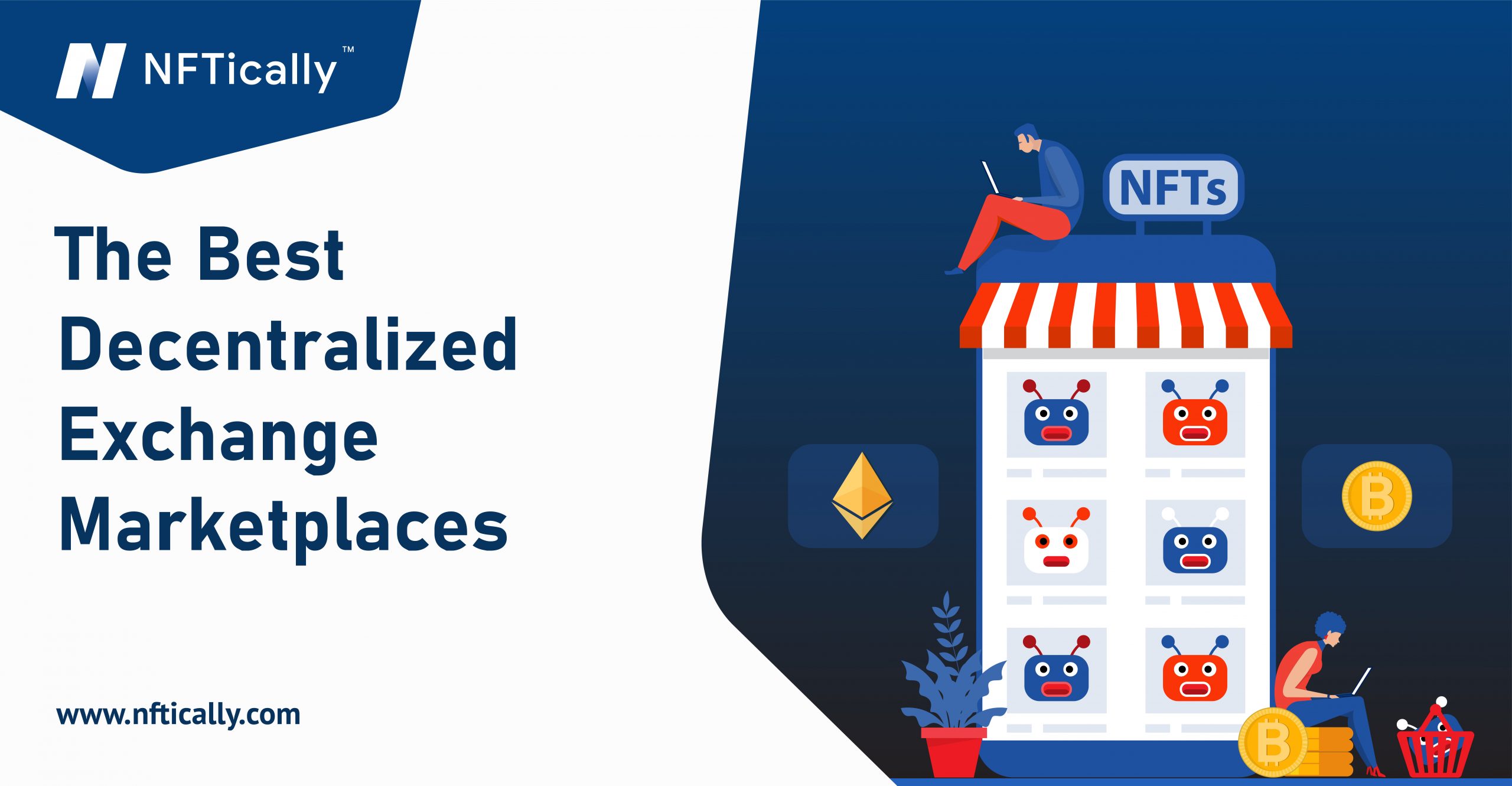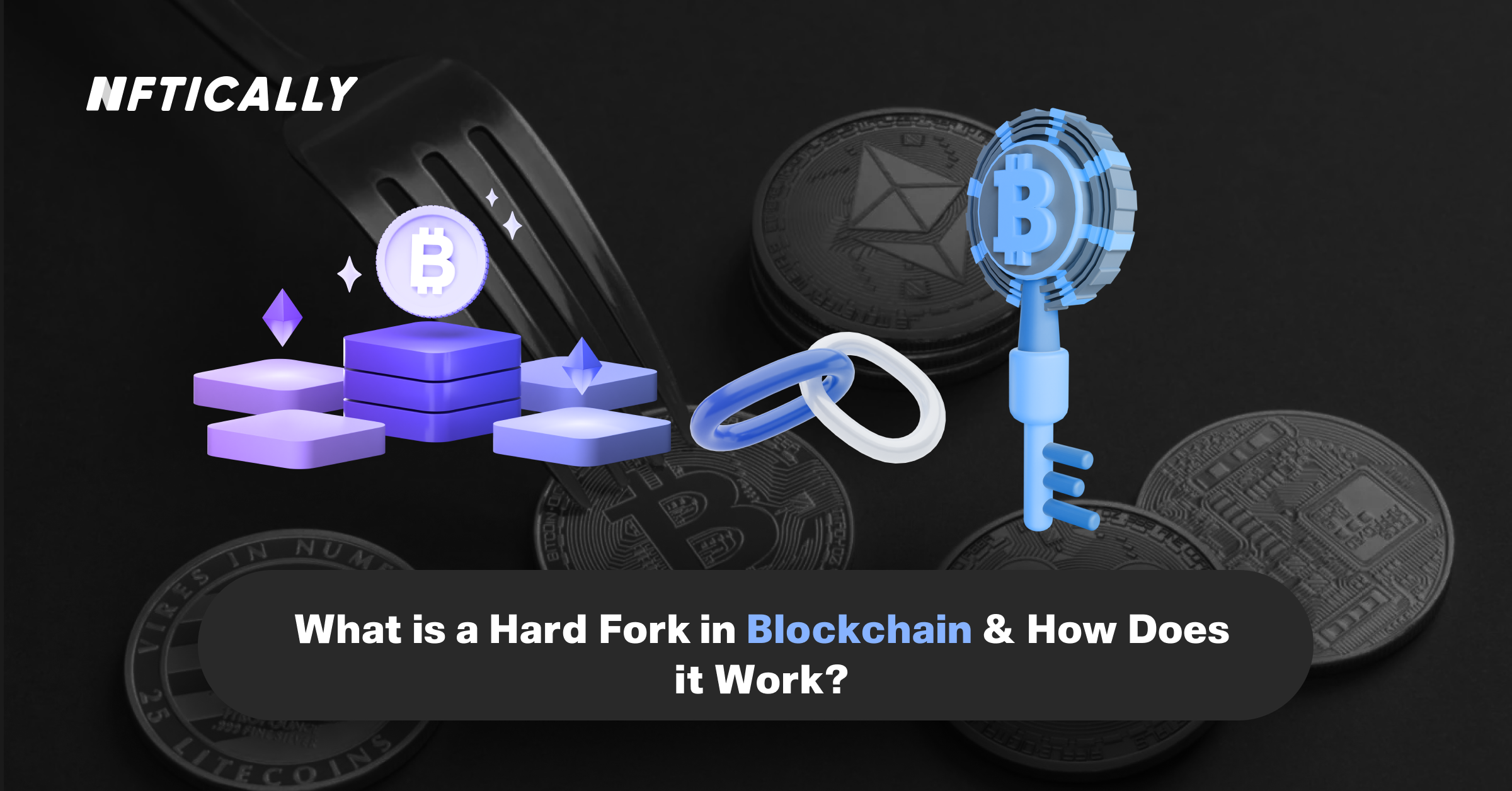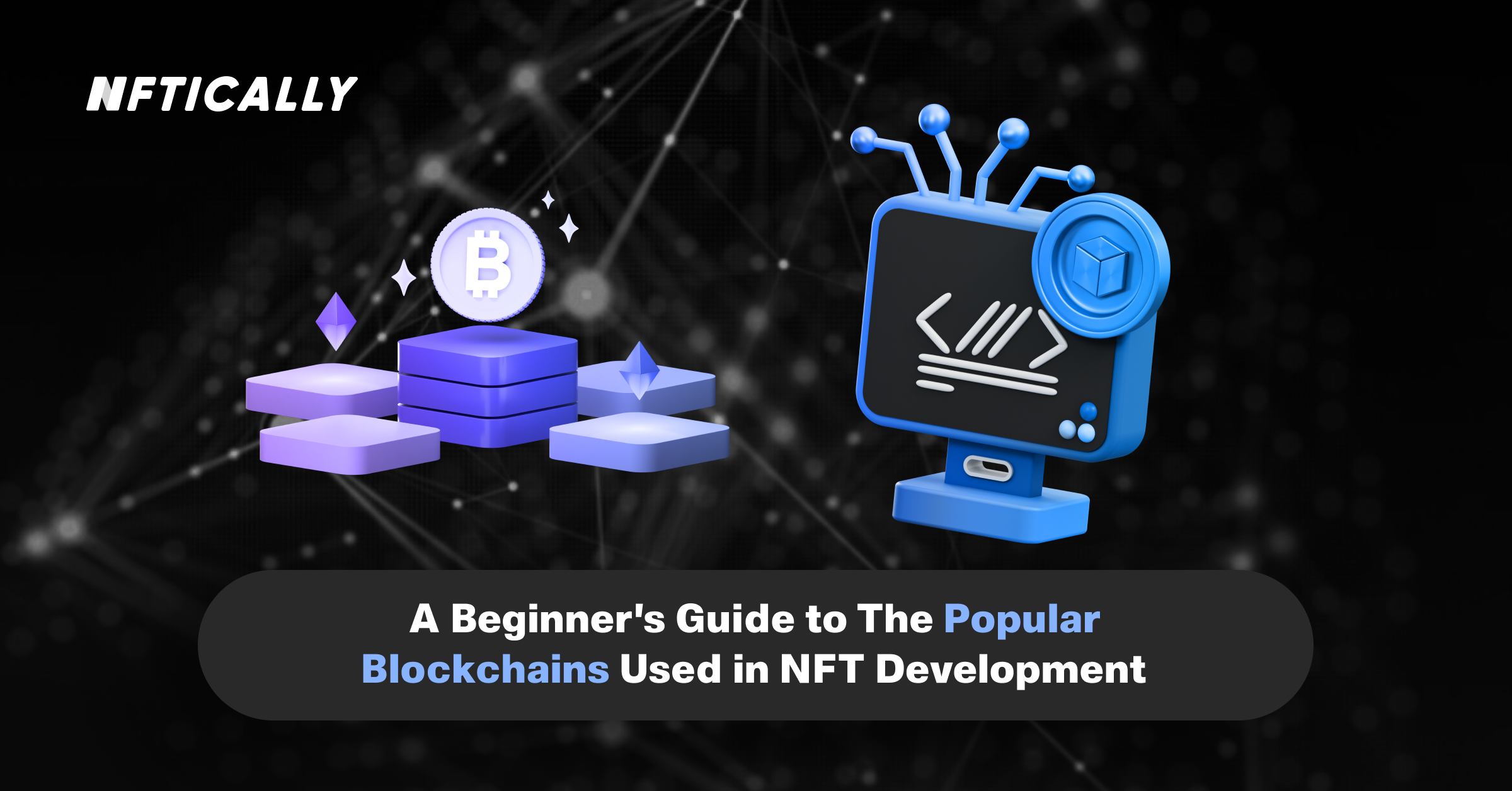- Blockchain
- September 2, 2021
The Best Decentralized Exchange Marketplaces in 2021

A cryptocurrency is a digital form of asset founded on the principle of decentralization. Despite the popularity of centralized exchanges such as Coinbase, Binance, and Gemini, it is reasonable to have fears surrounding them. After all, you’re giving a middleman access to your crypto. Consequently, risk losing your funds. However, thanks to the advancement of technology, a decentralized exchange is fueling today’s marketplace for digital transactions.
That’s why we have curated a list of the best-decentralized exchange marketplaces for crypto trading in 2021.
What is a decentralized exchange, and why is it better?
A decentralized exchange or DEX allows the crypto-economy to thrive without violating its fundamental values. Unlike a centralized marketplace, decentralized exchanges function without a third-party setup. Therefore, protecting the platform from server downtimes and hackers. As a result, users can retain complete control over their assets and minimize risk to the maximum.
Since a decentralized crypto exchange belongs to no single entity, group of companies, nor government it cannot be shut down in any event. Due to the Chinese exchange shutdown in 2017, traders are often concerned about the security involved in cryptocurrency adoption.
Fortunately, with a decentralized exchange, this would never be an issue. DEX drives users to be their own digital currency bank. Of course, without the million KYC authorizations. Moreover, DEX not only respects user privacy but also prevents any exposure to potential identity thefts.
In summary, a DEX provides users with a platform where they can exchange cryptocurrency directly with users, without the need of a mediator. Without a doubt, this makes DEX a significant step in the advancement of the decentralized finance ecosystem.
A decentralized exchange list for crypto transactions
- Uniswap
Uniswap is one of the most popular DEX in the Ethereum ecosystem that allows users to convert ERC-20 tokens. Additionally, it enables passive income sources to its users through liquid mining.
Nevertheless, the platform doesn’t depend on sellers and buyers to generate liquidity and relies on token swapping exclusively. The DEX in fact recognizes its liquid providers and rewards them with in-house tokens UNI.
User Accessibility:
Uniswap is beginner-friendly and easy to use when it comes to swapping tokens. All you have to do is link your wallet (for instance, MetaMask), select the assets and the amount you want to swap, thereupon, start trading.
The platform supports the following wallets:
- MetaMask
- Wallet Connect
- Coinbase Wallet
- Fortmatic
- Portis
Uniswap doesn’t call for any KYC verification process and is completely decentralized. Hence, it is very convenient to launch many projects directly on the exchange.
What coins are available?
Uniswap offers over 5,500 tokens to its user to swap across its two active versions, V2 and V3. AAVE, WBTC, ETH, DAI, and USDT are a few names available among many.
What about the fees?
The V2 version of Uniswap charges a fixed 0.3% of the transaction value as fees for token swapping. The V3 version, however, charges a variable fee decided by the liquidity providers. Overall, fee structure varies from 0.05%, 0.3% to 1% on transaction amount. The trader also needs to cover the network’s gas fee simultaneously.
- Paraswap
Paraswap is a leading name amongst decentralized exchange aggregators. It provides an edge in competitive prices to crypto buyers by hosting multiple decentralized exchanges in one place.
User Accessibility:
While Paraswap is easy to use, it also provides increased liquidity in the ecosystem. Moreover, supported by ParaSwapPool, it affords its in-house liquidity pool.
The platform supports the following wallets:
- Metamask
- Wallet Connect
- Coinbase Wallet
- BSC (Binance Smart Chain) Wallet
- Ledger
- Trezor
What coins are available?
Paraswap permits the exchange of multiple Ethereum-based tokens. Namely, Polygon, USDT, USDC, Uniswap, Chainlink, Aave, Dai, Wrapped Bitcoin, and more.
What about the fees?
When ParaSwap.io processes a transaction, the DEX does not charge any transaction fees on buying and selling tokens. Therefore, the trader has to only pay for the network’s gas fee.
- SushiSwap
Sushiswap is an extension of Uniswap developed on an Ethereum-native network. Sushiswap specifically offers a number of crypto assets supported by multiple blockchain networks. As a result, these tokens can be traded, as well as lent, staked, and farmed.
User Accessibility:
Native token holders have the power to propose operational changes by voting on proposals submitted by users. In addition, the platform features swapping, liquidity pools, staking LP tokens, and reward distribution amongst its traders at the same time.
The platform supports the following wallets:
- Metamask
- Wallet Connect
- Coinbase Wallet
- BSC (Binance Smart Chain) Wallet
- Ledger
- Trezor
- 1Inch Wallet Connect
- Portis
- MEW
- Fortmatic
- Authereum
- Torus
- Bitski
- Arkane
- FunFair Wallet
What coins are available?
SushiSwap features over 1400 leading decentralized finance tokens. In particular, AAVE, BAL, MATIC, and UNI, to name a few.
What about the fees?
SushiSwap charges 0.3% of transaction fees for trading on the DEX. However, 0.25% of the charges distribute to the liquidity provider, while the rest distribute to the native token holders, SUSHI. The SUSHI token holders also receive reward tokens from the transaction fees of other traders.
SushiSwap doesn’t charge any withdrawal fee besides the network’s gas fee in order to transfer the funds to an external wallet.
Conclusion
NFTically is one such platform that can help you in trading your Non Fungible Tokens. In NFTically, you can open your store in just a few minutes. Minting, selling as well buying are the options that NFTically provides their users. All you require is to set up a wallet, build your collections, put in your NFTs (which can be an image, song, video clips, etc.), and at last, list those NFTs up for sale.
Related Posts

What is a Hard Fork in blockchain & How Does it Work?
Blockchain hard forks are a term you are familiar with if you are into cryptocurrencies. Is there any significance to them? What are hard forks, and why do they occur? What is the difference between…
- August 5, 2022

A beginner’s Guide to The Popular Blockchains Used in NFT Development
However, a slew of other blockchains in the NFT area are growing in popularity. NFT aficionados and crypto artists have been looking for alternative sites to mint and sell NFTs because of the high transaction…
- July 19, 2022
Recent Posts
- Revolutionizing AI Clones: Sunny Leone Teams Up with Kamoto.AI for an Unprecedented Debut
- The Evolving Landscape of NFTs: A Glimpse into 2024
- NFT Trends to Shape 2024: A Deep Dive into the Future of Digital Assets
- The Gaming Revolution: NFTs Level Up the Player Experience
- NFTs and Intellectual Property Rights: Navigating Legal and Ethical Challenges
Recent Comments
Archives
- January 2024
- December 2023
- November 2023
- October 2023
- September 2023
- August 2023
- July 2023
- June 2023
- May 2023
- April 2023
- March 2023
- February 2023
- January 2023
- December 2022
- November 2022
- October 2022
- September 2022
- August 2022
- July 2022
- June 2022
- May 2022
- April 2022
- March 2022
- February 2022
- January 2022
- December 2021
- November 2021
- October 2021
- September 2021
- August 2021
- July 2021
Categories
- $ECOM
- 3D NFTs
- AI Characters
- Airdrpos
- Bitcoin
- Blockchain
- Blockchain Technology
- Buy NFTs
- Buying
- Crypto Collectibles
- Crypto Wallet
- Cryptocurrency
- Cryto Mining
- Digital Art
- Digital Assets
- Ethereum
- FAQs
- Features
- Generative Art Nfts
- ICO
- Invest in NFT
- Learn
- Metavatars
- Metaverse
- Minting
- NFT
- NFT 2.0
- NFT Art
- NFT Art Finance
- Nft auction
- NFT Communities
- NFT Crypto
- NFT crypto art
- NFT Drops
- NFT Games
- NFT gaming
- NFT Marketplace
- NFT Memes
- nft project
- NFT Royalties
- NFT Staking
- nft stocks
- NFT Store
- NFT Taxes
- NFT Trading Cards
- NFT Wallet
- NFTICALLY
- NFTs
- Non fungible tokens
- Non Fungile Tokens
- Ordinal NFTs
- Physical Assets
- Press Release
- Selling
- Solution
- Stablecoins
- Store
- Tensor Nfts
- Top Cryptocurrencies
- Uncategorized
- Web 2.0
- Web 3.0
- white label nft marketplace

